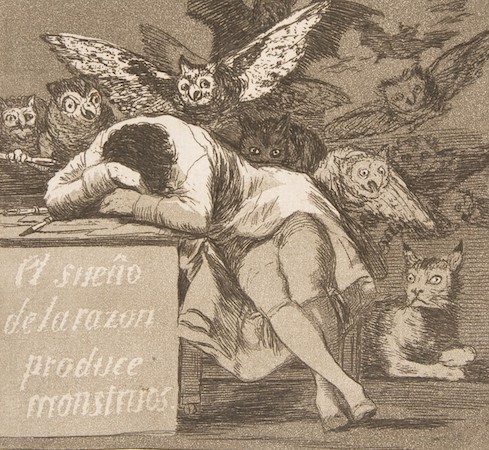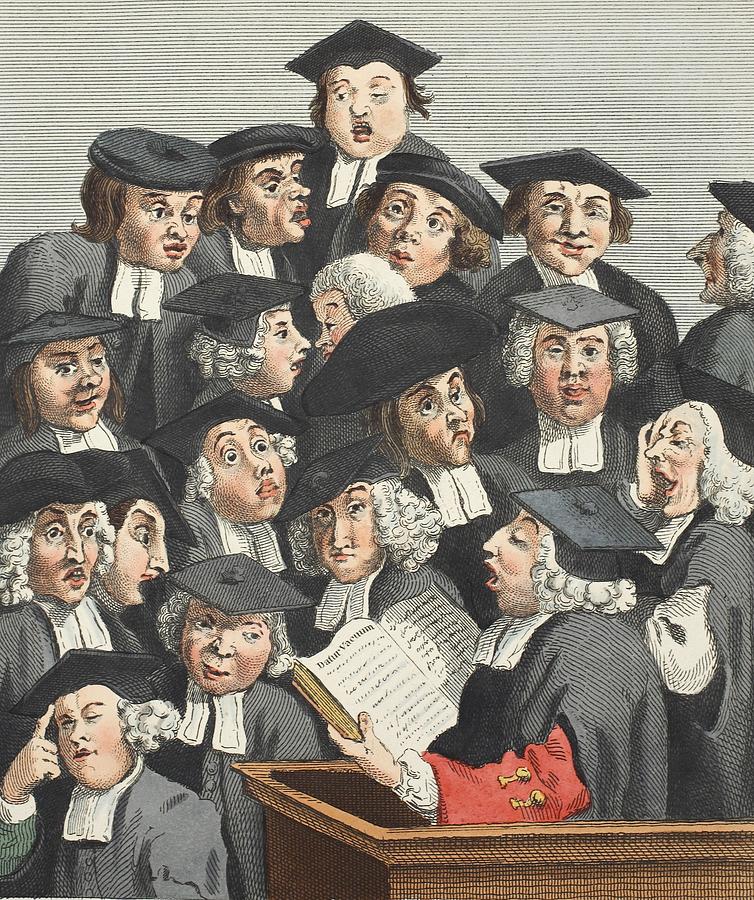Wednesday
Julia and I are now in Slovenia. We stayed with good friends for the first three days and are currently in residential housing for visiting scholars. In honor of the occasion, I share a poem by France Preseren, the national poet. It so happens that the poem’s seventh stanza is also Slovenia’s national anthem.
I’ve written about how important writers like Preseren and (in Ukraine) Taras Shevchenko are to countries seeking to establish a national identity. That’s why these poets have often have large statues of them in prominent places (Preseren’s towering statue is in Ljubljana’s central plaza). Preseren affirmed that Slovenian was not just a regional dialect but a language capable to producing literature. In this case, the literature is a toast in which every stanza, when printed in Slovenian, takes the form of a cognac glass.
One of our Slovenian hosts was self-deprecating when informing me that the national anthem was originally a drinking song. I reassured him, however, that the music for “The Star Spangled Banner” was taken from a song composed by a drinking club for musicians. Furthermore, its first public performance after being joined with Francis Scott Key’s lyrics was in a tavern.
And maybe that makes sense. After all, as Preseren explains in his opening stanza, sweet wine makes
Sad eyes and hearts recover,
Puts fire in every vein,
Drowns dull care
Everywhere
And summons hope out of despair.
What more does one want from a national anthem?
I’m struck that Slovenians have not selected the third stanza to sing rather than the seventh. After all, that one trumpets,
Let thunder out of heaven
Strike down and smite our wanton foe!
Now, as it once had thriven,
May our dear realm in freedom grow.
Let fall the last
Chains of the past
Which bind us still and hold us fast!
These sentiments are fairly typical of national anthems. The bloodiest (and arguably greatest) anthem of them all, which inspired Slovenians from Preseren’s time, trumpets,
Grab your weapons, citizens!
Form your battalions!
Let us march! Let us march!
May impure blood
Water our fields! (La Marseillaise)
Slovenia, however, has chosen the seventh stanza, which hopes for an end to strife and dreams that “all men free/No more shall foes, but neighbors be.” I find this to be very much in its favor.
A Toast
By Francis Preseren
Translator unknown
The vintage, friends, is over,
And here sweet wine makes, once again,
Sad eyes and hearts recover,
Puts fire in every vein,
Drowns dull care
Everywhere
And summons hope out of despair.To whom with acclamation
And song shall we our first toast give?
God save our land and nation
And all Slovenes where’er they live,
Who own the same
Blood and name,
And who one glorious Mother claim.Let thunder out of heaven
Strike down and smite our wanton foe!
Now, as it once had thriven,
May our dear realm in freedom grow.
Let fall the last
Chains of the past
Which bind us still and hold us fast!Let peace, glad conciliation,
Come back to us throughout the land!
Towards their destination
Let Slavs henceforth go hand-in-hand!
Thus again
Will honor reign
To justice pledged in our domain.To you, our pride past measure,
Our girls! Your beauty, charm and grace!
here surely is no treasure
To equal maidens of such race.
Sons you’ll bear,
Who will dare
Defy our foe no matter where.
Our hope now, our to-morrow –
Our youth – we toast and toast with joy.
No poisonous blight or sorrow
Your love of homeland shall destroy.
With us indeed
You’re called to heed
Its summons in this hour of need.God’s blessing on all nations,
Who long and work for that bright day,
When o’er earth’s habitations
No war, no strife shall hold its sway;
Who long to see
That all men free
No more shall foes, but neighbors be.At last to our reunion –
To us the toast! Let it resound,
Since in this gay communion
By thoughts of brotherhood we’re bound.
May joyful cheer
Ne’er disappear
From all good hearts now gathered here.
Further thought: Speaking of national anthems, I must say that, after watching Russian missiles pummel Ukrainian cities and critical infrastructure night after night, the idea of the American flag withstanding the “rockets’ red glare” takes on new importance. No wonder Francis Scott Key was so buoyed up as he saw the Fort McHenry flag survive a night of British bombardment during the War of 1812. Here’s the first stanza which, like the Slovenian seventh, is usually the only one people know. (And given the complexity of the lyrics, even a lot of Americans get the words wrong.)
Oh, say, can you see
By the dawn’s early light
What so proudly we hail’d
At the twilight’s last gleaming?
Whose broad stripes and bright stars
Through the perilous fight
O’er the ramparts we watch’d
Were so gallantly streaming?
And the rocket’s red glare
The bombs bursting in air
Gave proof through the night
That our flag was still there
O say, does that star-spangled banner yet wave
O’er the land of the free
And the home of the brave?










